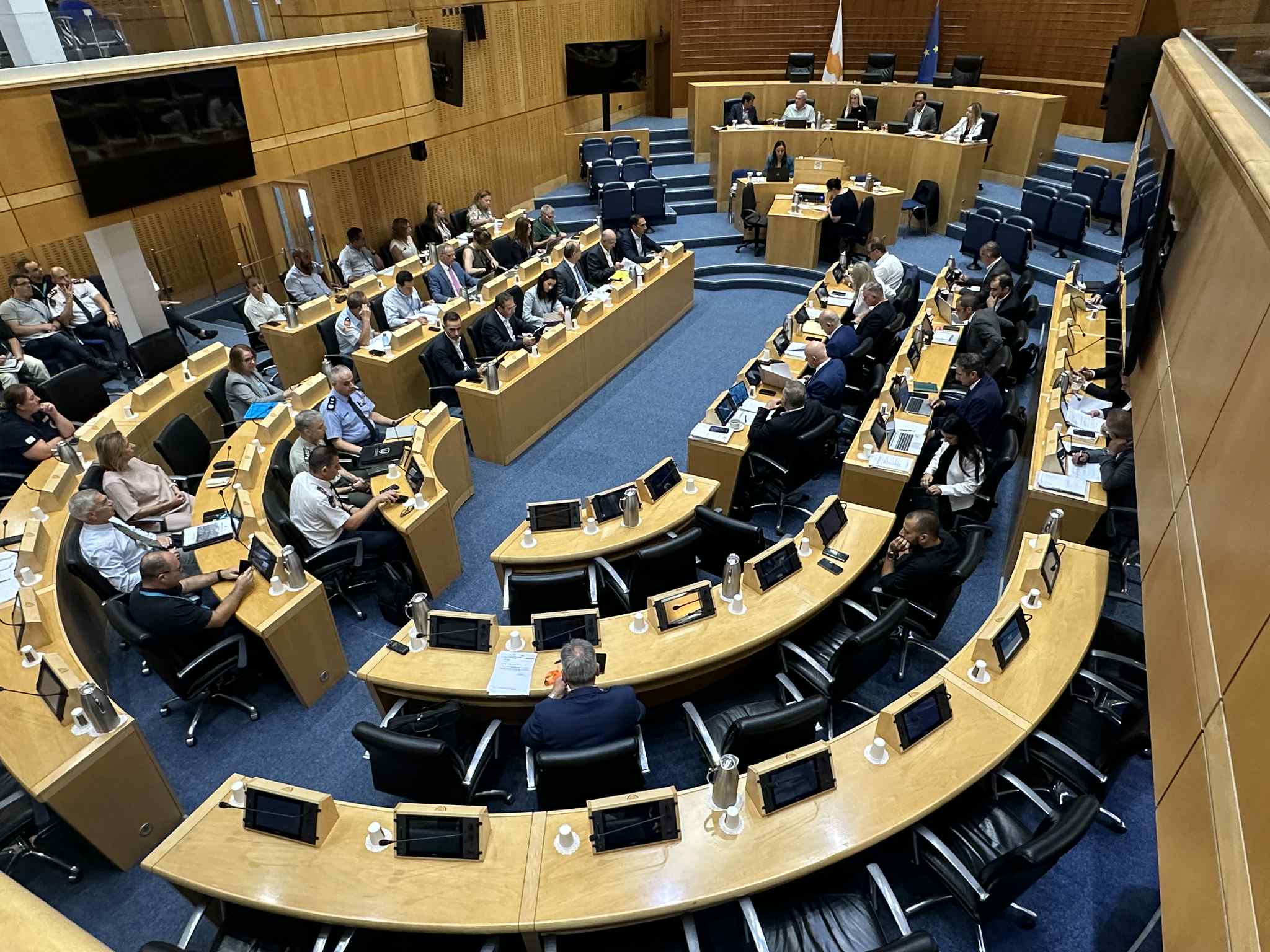A bill which would do away with MPs’ blanket immunity from prosecution has been gathering dust for some 12 years as it lacks the required support in parliament, media reports said on Tuesday.
Daily Politis recalled how a bill regulating how an MP’s immunity could be lifted had been drafted and tabled to parliament in 2013 by then justice minister Ionas Nicolaou during the first administration of Nicos Anastasiades.
The bill was discussed on and off during the next eight years, until finally in January 2021 the government withdrew it and tabled a revised version. It has sat there since.
Changing the conditions for lifting an MP’s immunity would require amending the constitution. That is why the bill, languishing in a drawer somewhere, is titled the ‘32nd amendment to the constitution’.
The matter has regained traction after the anti-corruption authority recently found that Edek MP Marinos Sizopoulos may have committed fraud, forgery, conspiracy to commit fraud, and that he may have also circulated a false document.
But due to the parliamentary immunity he enjoys, Sizopoulos cannot be questioned by police, nor prosecuted, nor stand trial.
He could voluntarily waive his immunity, but has not done so. Sizopoulos denies any wrongdoing.
Only the attorney-general may act to lift an MP’s immunity. To do so, the AG must petition the Supreme Court. Only once the Supreme Court says yes can an MP become criminally or civilly liable.
As it stands, police do not even have the authority to summon Sizopoulos for questioning.
Article 83 of the constitution reads: “Representatives [meaning MPs] shall not be liable to civil or criminal proceedings in respect of any statement made or vote given by them in the House of Representatives.”
And: “A Representative cannot, without the leave of the High Court, be prosecuted, arrested or imprisoned so long as he continues to be a Representative. Such leave is not required in the case of an offence punishable with death or imprisonment for five years or more in case the offender is caught in the act. In such a case the High Court being notified forthwith by the competent authority decides whether it should grant or refuse leave for the continuation of the prosecution or detention so long as he continues to be a Representative.”
To date, just four MPs have had their immunity lifted.
The most recent case was then Disy MP Andreas Themistocleous. In 2016 he got in legal trouble after repeatedly breaking the speed limit. He was arrested, charged, then tried and found guilty. Themistocleous was fined and had his driver’s license suspended for six months.
In February 2015, the Supreme Court lifted the immunity of Edek MP Fidias Sarikas. This was to allow authorities to investigate suspicions against him relating to bribery, corruption and abuse of power while he was mayor of Paphos. He was found guilty by Paphos criminal court, and sentenced to four years in jail.
In 1984 the Supreme Court lifted the immunity of Disy MP Giorgos Georgiou. He was subsequently indicted, tried, found guilty and sentenced in a case involving forgery.
And all the way back in 1961, the top court lifted the immunity of MP Lefkios Rodosthenous, who was charged, found guilty and sentenced to jail for the crime of extortion.
There was one more instance, where however the AG at the time decided against asking for the lifting of an MP’s immunity.
This was in June 2015, when Disy MP Andreas Kyprianou tried to take a photo up the skirt of his colleague, Akel MP Irini Charalambidou. He also reportedly called Charalambidou a “slut”.
The fracas happened after Charalambidou took a picture of Kyprianou and other MPs smoking inside the parliament building, to embarrass them.
Kyprianou was accused of indecent assault, but despite calls for lifting his immunity the AG at the time – Costas Clerides – decided that the available hard evidence did not warrant it.






Click here to change your cookie preferences